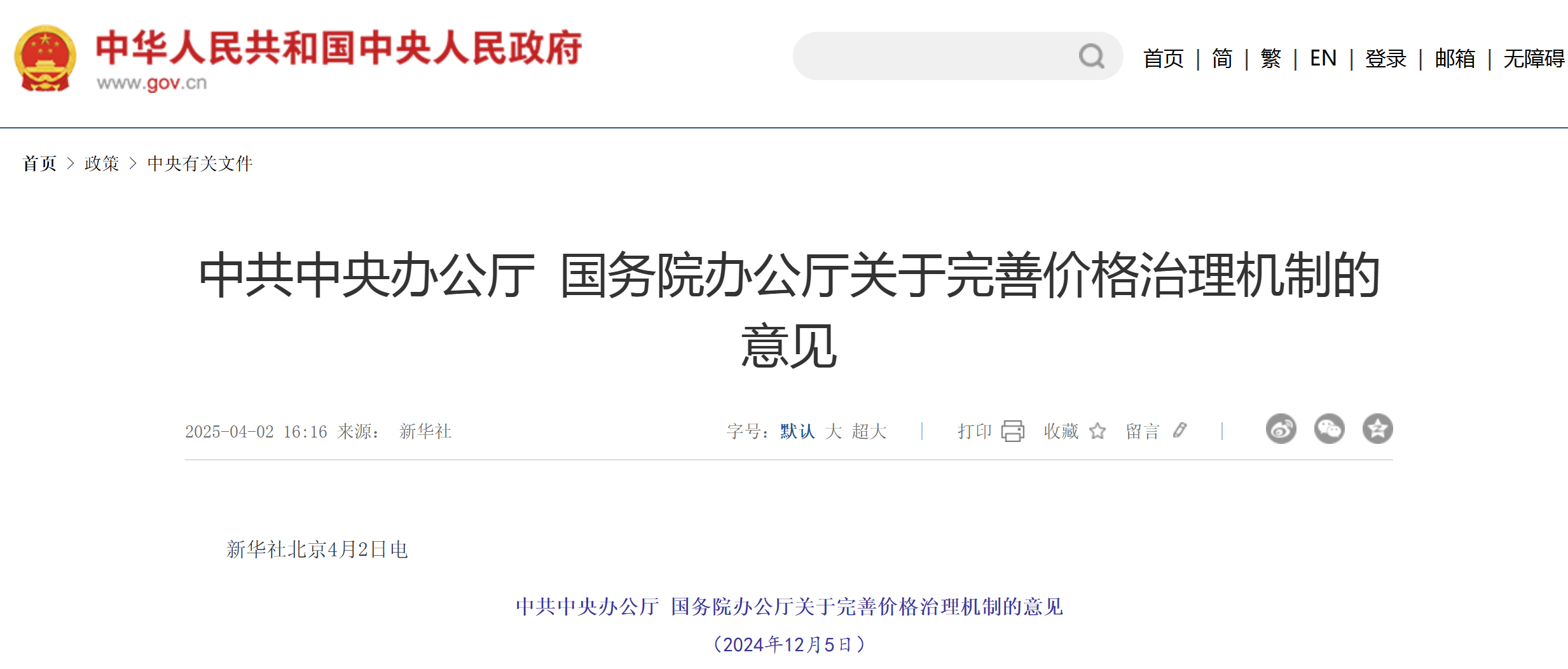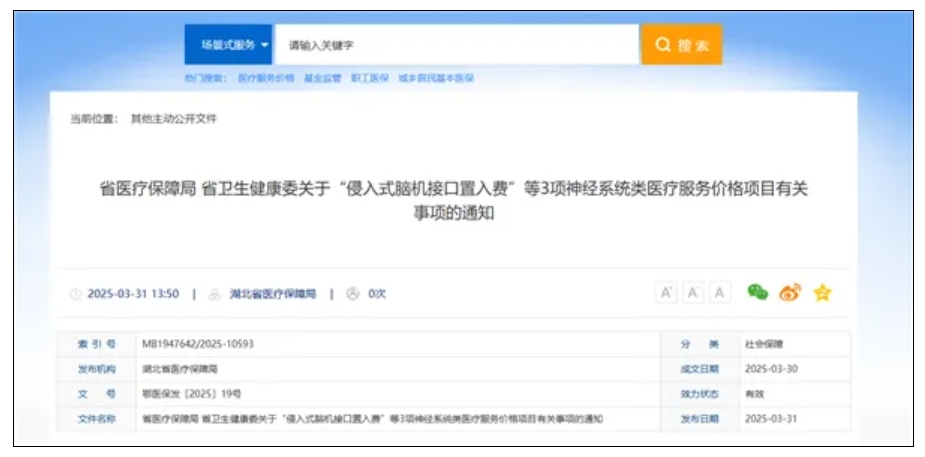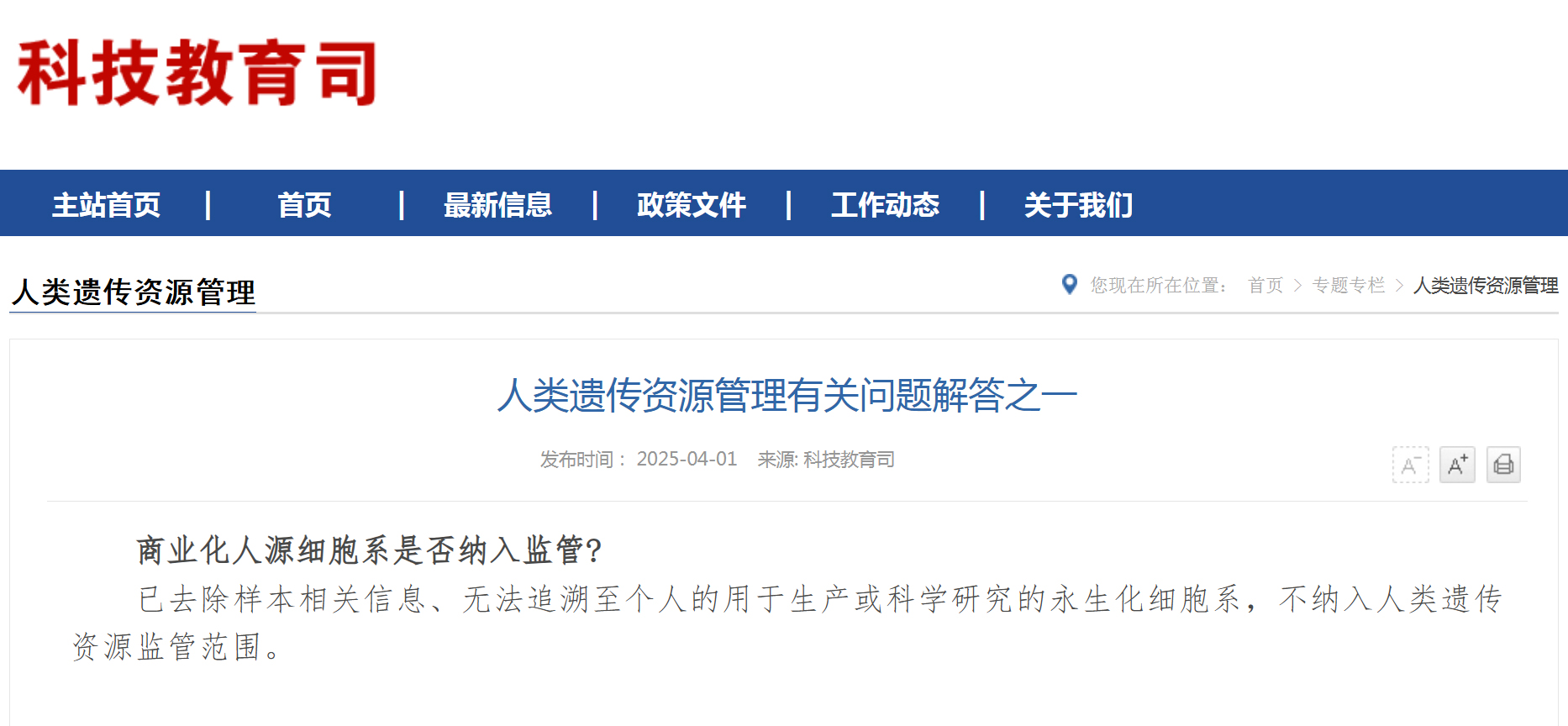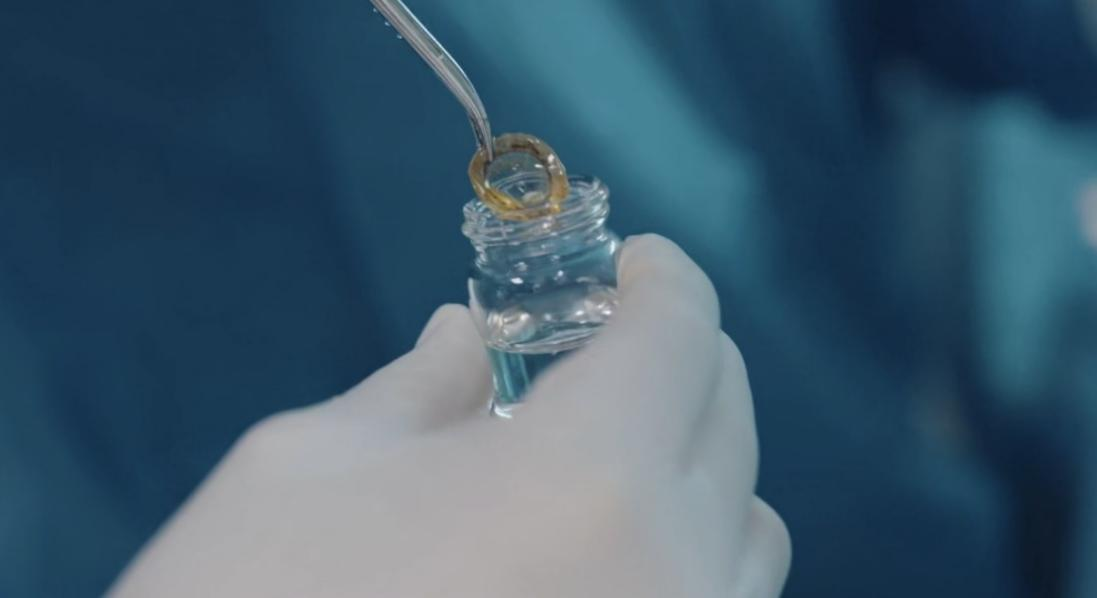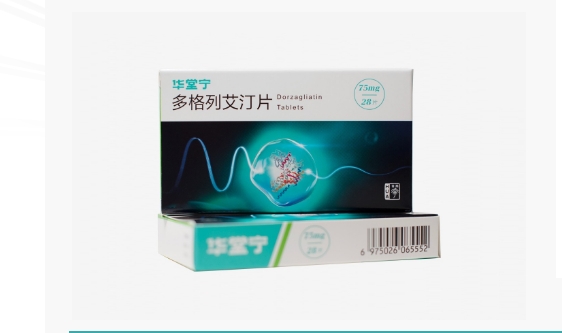近日,来自俄亥俄州立大学综合性肿瘤中心等机构的癌症研究人员在杂志New England Journal of Medicine刊文表示,一种名为acalabrutinib(ACP-196)的新型药物可以在降低患者最低副作用的同时,帮助促进慢性淋巴细胞白血病(CLL)患者的应答率。ACP-196是第二代布鲁顿氏酪氨酸激酶(BTK)抑制剂,该药物可以通过永久性结合BTK来发挥作用,BTK是一种特殊蛋白的一部分,而这种特殊蛋白可以从CLL细胞表面将信号传递细胞核中的基因,从而促进癌细胞生存和生长,通过阻断BTK,药物ACP-196就可以抑制CLL细胞的生长信号,直至促进癌细胞死亡。
并不像第一代的BTK抑制剂(比如依鲁替尼),本文研究中研究者发现,新一代的药物acalabrutinib更有选择性地阻断BTK通路,同时还不破坏其它对血小板和免疫功能重要的分子通路,从而就可以避免或者降低和癌症疗法相关副作用的产生。本文研究整合了支持ACP-196选择性的临床前研究和I/II期临床试验,I/II期临床试验中研究者对来自美国和英国6个地方的61名复发的CLL患者进行研究,患者平均年龄为62岁;研究者对人类首次进行临床试验目的在于确定ACP-196对复发CLL患者的药物的推荐剂量、安全性、有效性、药代动力学及药效学。
I期招募的病人接受了增加剂量的药物ACP-196,即每日最大剂量为400mg;而II期临床试验中研究者让患者每天摄入两次100mg剂量的ACP-196,随后通过临床评估、成像测试及血液检测来评估病人的应答率;研究者Bonnie Harrington指出,我们很高兴可以看到如此具有选择性的一种药物可以从临床前的动物模型研究中进入到人体临床试验中,来帮助预测药物对患者的疗效及患者耐受性的改善情况。
早在2013年FDA就加速批准了药物依鲁替尼的使用,依鲁替尼作为首个BTK抑制剂,其可以用于外套细胞淋巴瘤的治疗,而2014年2月份,FDA扩大了对慢性淋巴细胞白血病疗法药物的审批,当然这主要是基于俄亥俄州立大学综合癌症中心的临床前和临床研究数据。BTK抑制剂可以将慢性淋巴细胞白血病从不可治愈转化成为慢性疾病,尤其是CLL的标准疗法可以对患者产生35%至40%的疗法应答率。
最后研究者表示,后期还需要进行大量的临床试验来评估ACP-196对CLL的治疗效应,当然这包括3期的临床试验,将ACP-196同依鲁替尼进行面对面比较来评估ACP-196在治疗CLL中的优势。
附原文
Acalabrutinib (ACP-196) in Relapsed Chronic Lymphocytic Leukemia.
Byrd JC1, Harrington B, O'Brien S, Jones JA, Schuh A, Devereux S, Chaves J, Wierda WG, Awan FT, Brown JR, Hillmen P, Stephens DM, Ghia P, Barrientos JC, Pagel JM, Woyach J, Johnson D, Huang J, Wang X, Kaptein A, Lannutti BJ, Covey T, Fardis M, McGreivy J, Hamdy A, Rothbaum W, Izumi R, Diacovo TG, Johnson AJ, Furman RR.
Background Irreversible inhibition of Bruton's tyrosine kinase (BTK) by ibrutinib represents an important therapeutic advance for the treatment of chronic lymphocytic leukemia (CLL)。 However, ibrutinib also irreversibly inhibits alternative kinase targets, which potentially compromises its therapeutic index. Acalabrutinib (ACP-196) is a more selective, irreversible BTK inhibitor that is specifically designed to improve on the safety and efficacy of first-generation BTK inhibitors. Methods In this uncontrolled, phase 1-2, multicenter study, we administered oral acalabrutinib to 61 patients who had relapsed CLL to assess the safety, efficacy, pharmacokinetics, and pharmacodynamics of acalabrutinib. Patients were treated with acalabrutinib at a dose of 100 to 400 mg once daily in the dose-escalation (phase 1) portion of the study and 100 mg twice daily in the expansion (phase 2) portion. Results The median age of the patients was 62 years, and patients had received a median of three previous therapies for CLL; 31% had chromosome 17p13.1 deletion, and 75% had unmutated immunoglobulin heavy-chain variable genes. No dose-limiting toxic effects occurred during the dose-escalation portion of the study. The most common adverse events observed were headache (in 43% of the patients), diarrhea (in 39%), and increased weight (in 26%)。 Most adverse events were of grade 1 or 2. At a median follow-up of 14.3 months, the overall response rate was 95%, including 85% with a partial response and 10% with a partial response with lymphocytosis; the remaining 5% of patients had stable disease. Among patients with chromosome 17p13.1 deletion, the overall response rate was 100%. No cases of Richter's transformation (CLL that has evolved into large-cell lymphoma) and only one case of CLL progression have occurred. Conclusions In this study, the selective BTK inhibitor acalabrutinib had promising safety and efficacy profiles in patients with relapsed CLL, including those with chromosome 17p13.1 deletion. (Funded by the Acerta Pharma and others; ClinicalTrials.gov number, NCT02029443 .)。
来源:生物谷
为你推荐
 资讯
资讯 悦唯医疗完成近亿元A++轮投资,加速重症冠心病诊疗全流程创新器械研发与国产替代
此次融资将主要用于深化冠心病诊疗全流程创新器械和脉动式左心室辅助系统等新产品的研发,以及加速已获准上市的心脏稳定器等产品的市场推广。
2025-04-03 09:28
 资讯
资讯 海尔盈康一生启动孤独症儿童关爱行动,创新罕见病可持续公益新生态
本次活动聚焦孤独症儿童的诊疗,探讨交流AI赋能全流程防治康体系创新、前沿性生物科技诊疗技术等话题,旨在通过生态联盟的力量推动医学研究、科技创新与人文关怀的融合,让“星...
2025-04-03 09:11
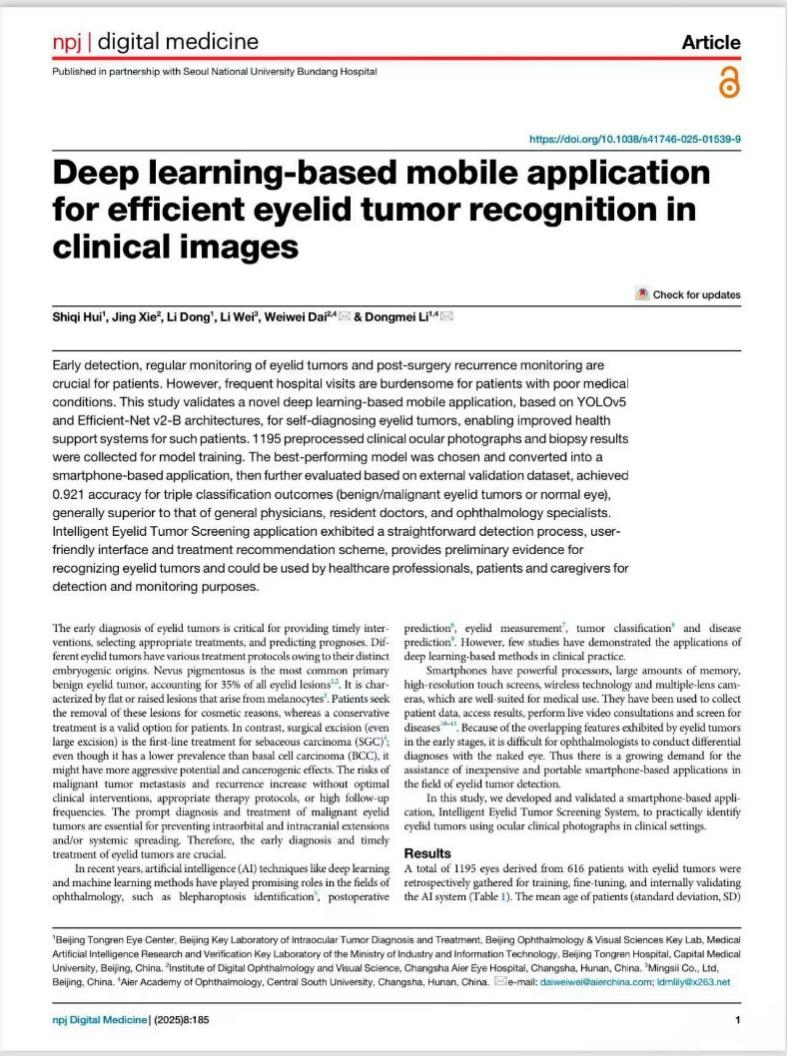 资讯
资讯 《NPJ digital medicine》刊发李冬梅教授团队成果:AI赋能高效识别眼睑肿物
亚太眼整形外科学会主席、中华医学会眼科分会眼整形眼眶病学组副组长李冬梅教授团队携手爱尔数字眼科研究所,在《NPJ digital medicine》(影响因子:12 4)学术期刊发表团队...
文/李林 2025-04-02 10:27
 资讯
资讯 默克全球执行副总裁周虹:合作与创新是默克未来五年战略的两大关键词
近日,德国默克医药健康全球执行副总裁、中国及国际市场负责人周虹带领医药健康中国及国际市场管理团队开启了2025年度首次“中国行”。
2025-04-01 17:11
 资讯
资讯 首个且唯一,阿斯利康PD-L1单抗获FDA批准治疗肌层浸润性膀胱癌
度伐利尤单抗联合吉西他滨和顺铂作为新辅助治疗,随后度伐利尤单抗作为根治性膀胱切除术后的辅助单药治疗,用于治疗肌层浸润性膀胱癌成年患者。
2025-04-01 14:37
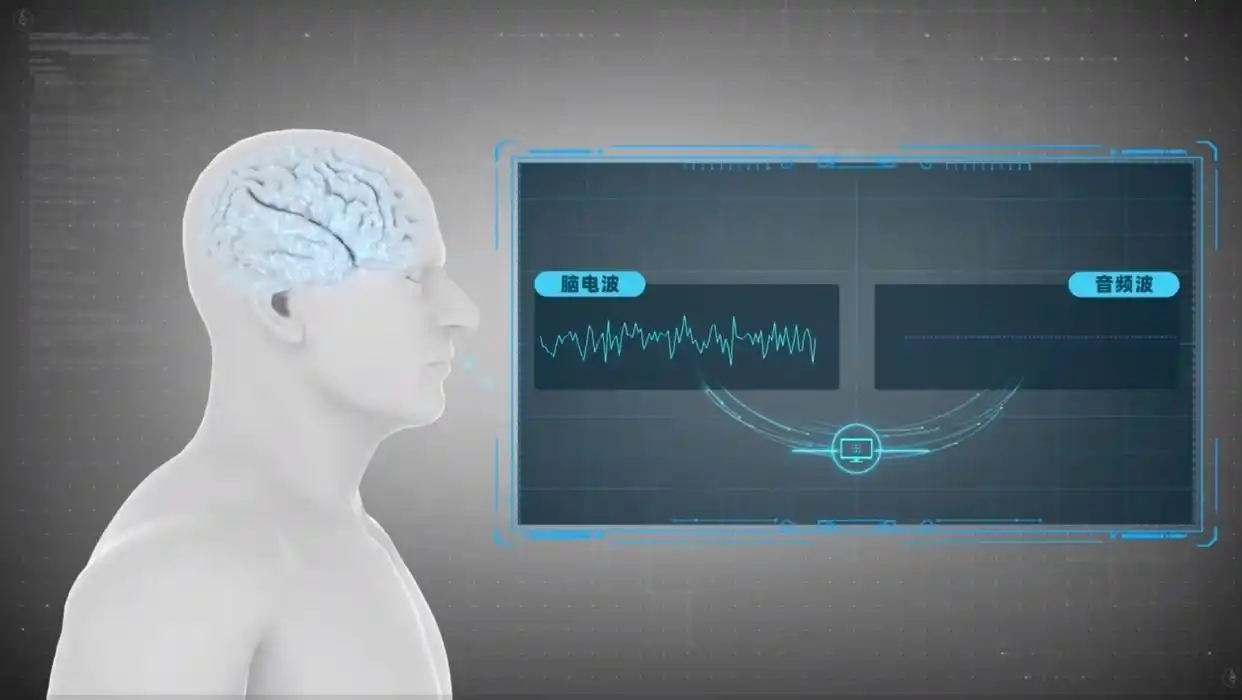 资讯
资讯 全国首个,湖北为脑机接口医疗服务定价
昨日(3月31日),据“湖北发布”消息,湖北省医保局发布全国首个脑机接口医疗服务价格,其中,侵入式脑机接口置入费6552元 次,侵入式脑机接口取出费3139元 次,非侵入式脑机...
2025-04-01 11:03
 资讯
资讯 一款国产创新流感药,获批
近日,据国家药监局官网信息显示,青峰医药下属子公司江西科睿药自主研发的1类创新药玛舒拉沙韦片(商品名:伊速达)正式获批上市,用于既往健康的12岁及以上青少年和成人单纯性...
2025-04-01 10:22
 资讯
资讯 26省联盟药品集采启动,聚焦妇科用药和造影剂
近日,山西省药械集中招标采购中心发布《关于做好二十六省联盟药品集中带量采购品种数据填报工作的通知》,开展相关采购数据填报工作。
2025-03-31 21:48
 资讯
资讯 优时比罗泽利昔珠单抗注射液(优迪革)中国获批,全球首个且唯一双亚型创新药治疗全身型重症肌无力
作为唯一人源化、高亲和力且具备创新修饰结构的IgG4单抗,关键Ⅲ期MycarinG试验证实罗泽利昔珠单抗注射液(优迪革®)较安慰剂显著改善全身型重症肌无力患者的多个临床终点与结局。
2025-03-31 15:58
 资讯
资讯 从手术麻醉到生命全周期护航,麻醉学科发展拓宽生命边界
3月26日,由中华医学会麻醉学分会、中国医师协会麻醉学医师分会等23家学协会共同举办的2025年中国麻醉周学术活动的启动仪式举办,该活动以“生命之重,大医精诚——守生命保驾护...
2025-03-31 15:30
 资讯
资讯 欧狄沃联合逸沃成为中国目前唯一获批的肝细胞癌一线双免疫联合疗法
欧狄沃联合逸沃对比仑伐替尼或索拉非尼,可显著改善不可切除肝细胞癌一线患者的总生存期(OS),客观缓解率(ORR)可改善近3倍,中位缓解持续时间(mDOR)达30个月
2025-03-31 13:45
 资讯
资讯 罗氏制药榜首 “现金牛” 产品罗可适(奥瑞利珠单抗)在华获批:开启多发性硬化症一年两次治疗新时代
罗氏制药今日(3月31日)宣布,其旗下创新药罗可适®(Ocrevus®,通用名:奥瑞利珠单抗注射液 ocrelizumab injection)正式获得中国国家药品监督管理局批准,每六个月静脉输...
2025-03-31 13:39
 资讯
资讯 三生有幸,医者仁心:三生制药向全体医药工作者致敬!
3月30日是国际医师节,由三生制药公益支持的以“三生有幸,医者仁心”为主题的公益活动,携手20位医生代表,以寄语海报的形式,共同向全体医护人员表达诚挚的祝福与关爱。
2025-03-30 17:38


